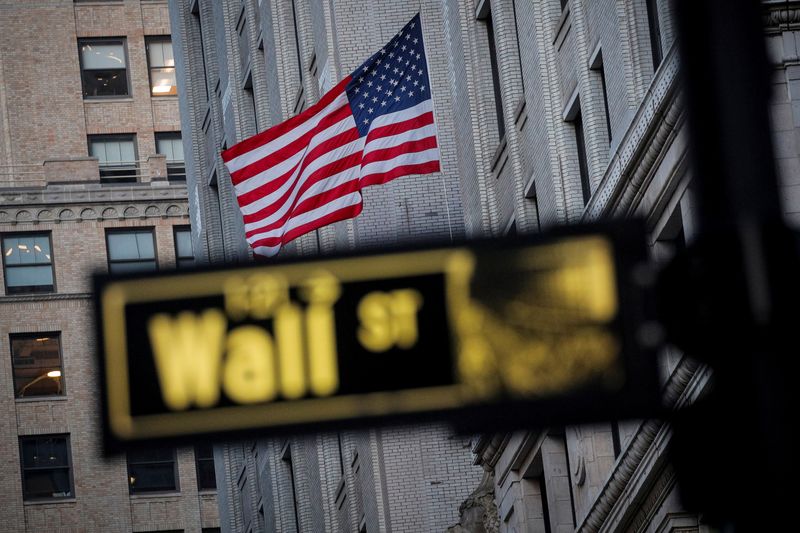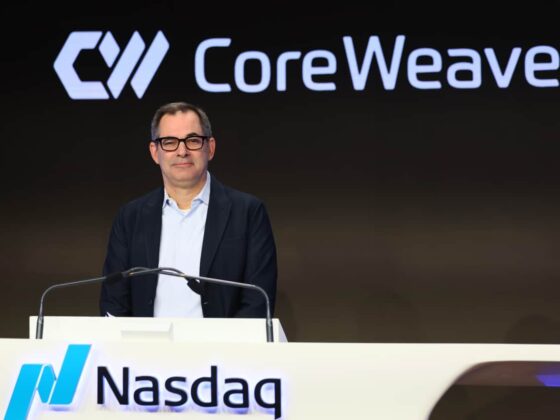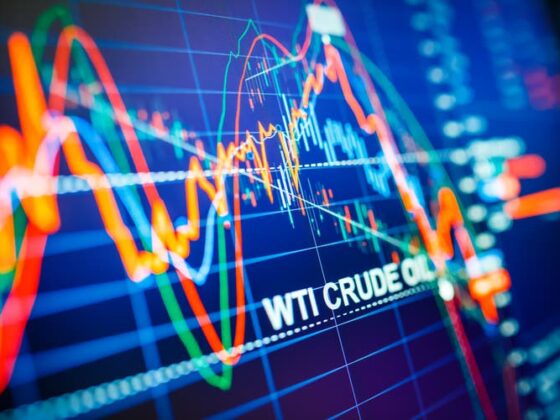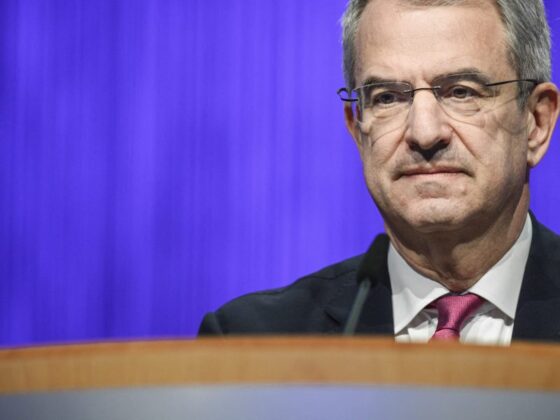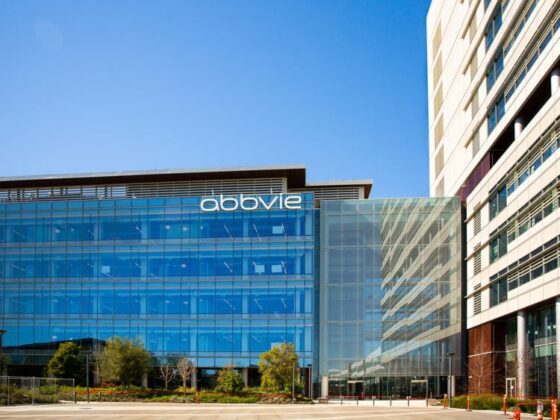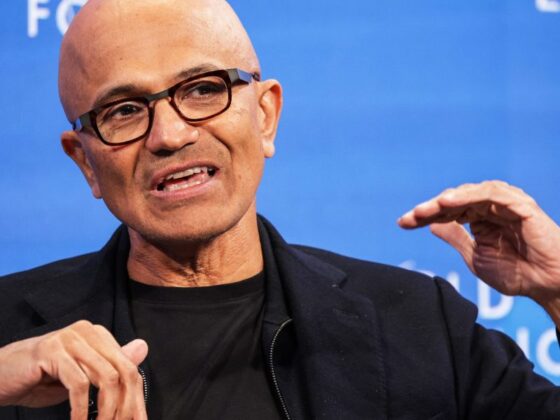By Carolina Mandl
NEW YORK (Reuters) -Some top executives at Wall Street banks have been showing concern about higher inflation and potential deterioration of the U.S. economy as tariffs take effect, noting there has been more cautious behavior from corporate clients.
“We have seen pauses in capex and hiring amongst our client base,” Citigroup's Jane Fraser told analysts on Tuesday. “All of that said, the strength of the U.S. economy driven by the American entrepreneur and a healthy consumer has certainly been exceeding expectations of late.”
The bank expects consumer spending to cool in the second half if a spike in prices occurs.
Wells Fargo CEO Charles Scharf said he has met with some commercial banking clients and described how they are navigating the new environment.
“Many have found ways to avoid passing the 10% tariffs on to their customers,” Scharf said. “At the same time, they are preparing for the downside and are not growing inventories or hiring aggressively and developing contingency plans if the downside scenario occurs”, he told analysts.
Scharf also expressed concern about financial assets. “We should recognize there is risk to the downside as the markets seem to have priced in successful outcomes.”
All six of the biggest U.S. banks – JPMorgan Chase, Bank of America, Citigroup, Wells Fargo, Goldman Sachs and Morgan Stanley – beat analysts' profit expectations in the latest quarter, helped by the financial health of consumers and businesses, as well as busy trading desks.
Still, while CEOs touted the resilience of the world's largest economy, some described cautionary measures companies are taking due to uncertainty around tariffs.
U.S. stocks plummeted after President Donald Trump unveiled tariff rates on April 2. They have since recovered, with both the S&P 500 and the Nasdaq Composite hitting all-time highs on June 27 and new records since then.
Still, U.S. companies have navigated an uncertain environment. Trump has paused some tariffs while trade partners negotiate a deal, adding more unpredictability to business.
Following “Liberation Day,” global brokerages saw a greater chance of a recession this year, with JPMorgan calculating a 60% probability. Major firms later trimmed their gloomy outlook. JPMorgan sees the recession probability now at 40%.
Many executives said their main concern is how consumers will react if goods prices surge because of tariffs.
Rising prices pulled inflation higher in June. On Tuesday, economists viewed the latest Consumer Price Index as evidence that Trump's rising import taxes were passing through to consumers. It increased 0.3% last month, the most in five months, in line with expectations.

